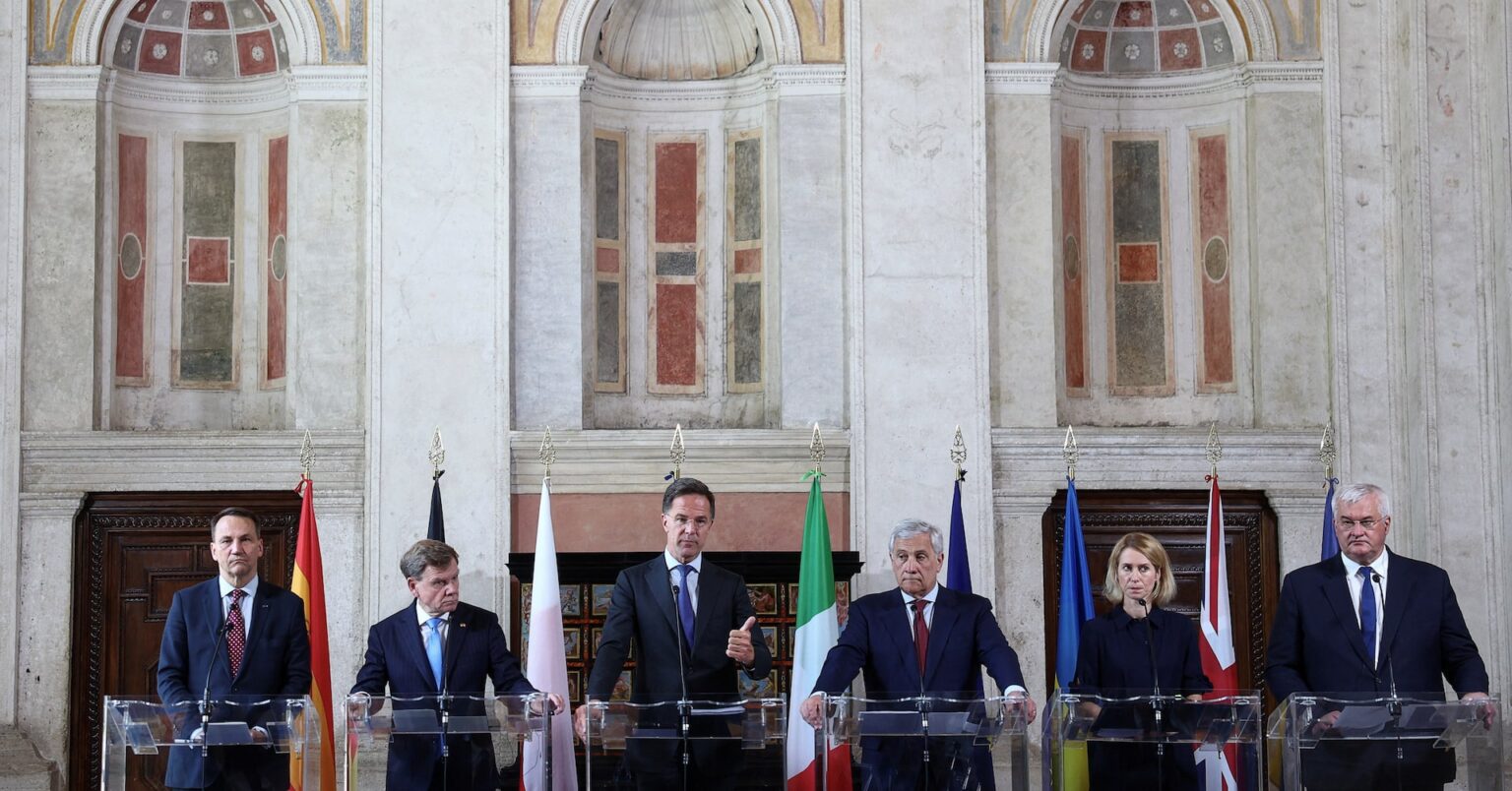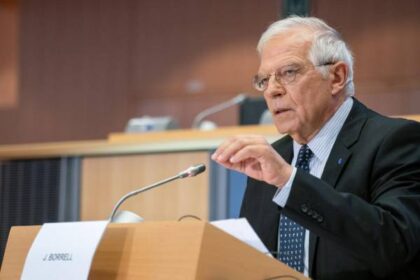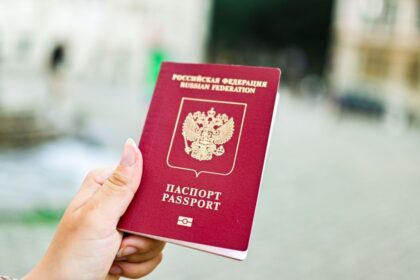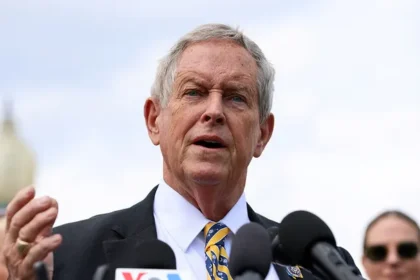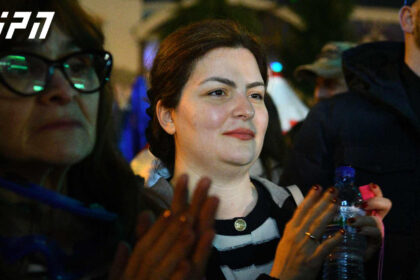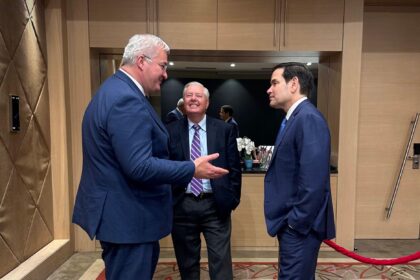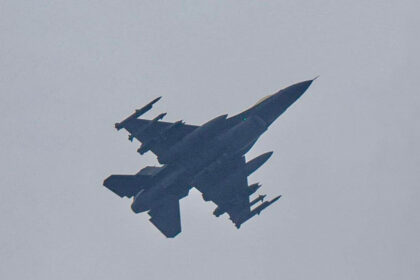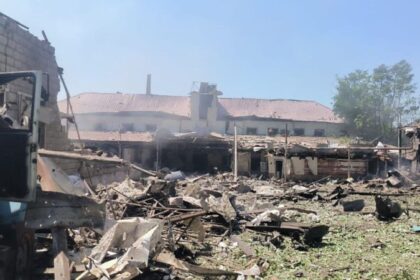**European Foreign Ministers Unite Against Russia**
A meeting of top foreign ministers from European countries took place in Rome on Thursday, where they discussed the ongoing conflict between Ukraine and Russia. The gathering involved representatives from France, Germany, Italy, Poland, Spain, Britain, and the European Union.
At the meeting, the foreign ministers expressed their determination to put pressure on Russia, including through further economic sanctions. The statement released by the countries emphasized that Russian sovereign assets in their jurisdictions will remain frozen until Moscow ceases its aggression and compensates for the damage caused.
The participating nations stressed that they are ready to take a tougher stance against Russia, particularly in the energy and banking sectors. This indicates a united front among European countries to counter Russia’s actions in Ukraine.
The meeting was attended by top officials from the respective countries, including Germany’s Minister of Foreign Affairs Johann Wadephul, Poland’s Minister of Foreign Affairs Radoslaw Sikorski, European Union High Representative for Foreign Affairs and Security Policy Kaja Kallas, Ukraine’s Foreign Minister Andrii Sybiha, Italian Foreign Minister Antonio Tajani, and NATO Secretary General Mark Rutte.
The statement released by the countries highlights a significant shift in their approach towards Russia. The focus on freezing Russian sovereign assets and stepping up pressure through sanctions suggests that European countries are willing to take more drastic measures to counter Moscow’s actions.
**What does this mean for Ukraine?**
The united front among European foreign ministers could have far-reaching implications for Ukraine. With the international community putting increased pressure on Russia, it may be more difficult for Moscow to continue its aggressive behavior in Ukraine. The freezing of Russian sovereign assets could also limit the country’s ability to access funds and resources.
However, it remains to be seen how effective these measures will be in resolving the conflict. Russia has shown resilience in the face of international pressure before, and it is unclear whether this latest move will be enough to sway Moscow’s stance.
**What are the implications for Europe?**
The escalating tensions between European countries and Russia could have significant consequences for the continent as a whole. The economic sanctions being imposed on Russia may lead to retaliatory measures from Moscow, which could impact European economies.
Furthermore, the increased military presence in Eastern Europe may heighten tensions between NATO member states and Russia. This could potentially lead to more frequent and intense confrontations between the two sides.
The situation remains fluid, and it is essential for observers to monitor developments closely as they unfold.




